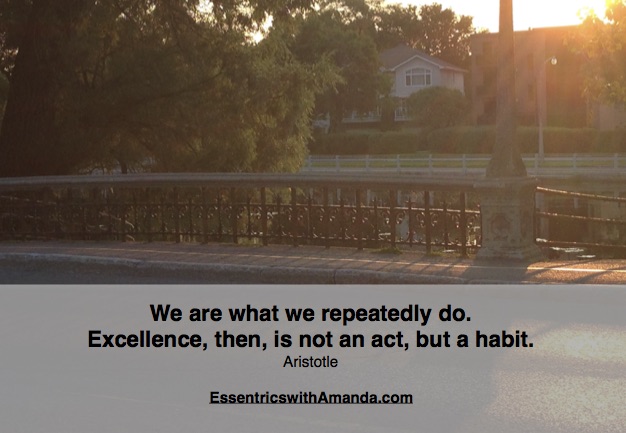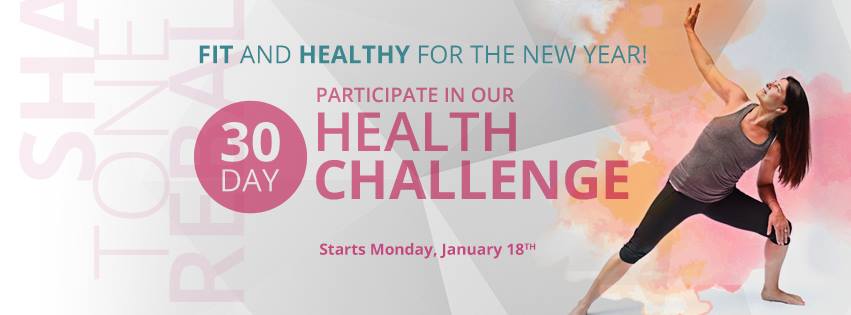If you did choose to make a new year’s resolution this year, don’t feel too badly if it’s already slipped off your radar. Often, people try to pile on multiple resolutions, not even realizing that behaviour change is a challenging endeavour. Even trying to change one bad habit - i.e., do more of x, do less of y - is tough. And let’s be realistic - what’s so special about January 1st that you need to change your entire way of life, so to speak, on that date? It’s a rhetorical question; but the answer is nothing. There’s nothing special about that date. You can choose any moment of any given day to change your behaviour - you’re in control of your behaviour, thoughts, feelings. Please excuse me if that sounds trite, but it’s true. As a fitness instructor, I often hear people’s fitness-related resolutions. Perhaps they’re sharing this with me in the hopes that I’ll validate their behaviour. I love that people want to be physically fit and exercise more, but I hope my approval is not the only thing driving this behaviour. Because it won’t last if it is. Another trite comment coming, so brace yourself. The motivation to keep exercising needs to come from within; it’s called self-motivation, and it’s a key component of sustained behaviour change.
Let’s back up for a moment and talk about behaviour change. It’s a favourite topic of mine. I have 2 degrees in social psychology, so I’ve studied it. A lot. And behaviour change is also a popular topic in the fitness industry: personal trainers need to understand how to motivate people to change. That’s kind of their job. Did I mention I’m studying to be a personal trainer as well? The textbook is fantastic - published by the American College of Sports Medicine. (3) But I digress. I don’t want to bore you with a treatise on the theories of behaviour change. Suffice it to say that my favourite one at the moment is The Small Changes Model. Small is an acronym: Self-selected, Measurable, Action-Oriented, Linked to your life, Long-term. Pretty self-explanatory - you pick goals that you can track and measure, and that make sense in your life over the long term. But don’t think about the long-term; think baby steps. Remember, you need to keep at something to make it a habit. That’s why Classical Stretch/Essentrics always runs a 30-day health challenge at this time of year. Have you seen Classical Stretch, the TV version of an Essentrics workout? It’s 23-minutes long; surely you can commit to 23 minutes once a day. And remember, if you slip and miss a workout, there’s no need to pack it in. Just pick yourself up and get to it the next day. After a month, it’ll probably feel like a habit and you’ll just do it. And, if you are the type of person that needs a date to set your behaviour change plan in motion, next Wednesday is Ash Wednesday. That means Lent - giving something up for 40 days until Easter. Perhaps your “give up” could be your sedentary ways, in favour of an active lifestyle. Or just start now. What are you waiting for? References 1. http://www.eattoperform.com/2015/01/04/10-things-the-best-athletes-do-that-you-dont/
2. www.brainyquotes.com 3. American College of Sports Medicine: ACSM’s Resources for the Personal Trainer, 4th ed. (2014) Publishers: Wolters Kluwer; Lippincott Williams & Wilkins; pp. 194-222.
0 Comments
Leave a Reply. |
Categories
All
Archives
July 2024
AuthorAmanda Sterczyk is an international author, Certified Personal Trainer (ACSM), an Exercise is Medicine Canada (EIMC) Fitness Professional, and a Certified Essentrics® Instructor. |


 RSS Feed
RSS Feed